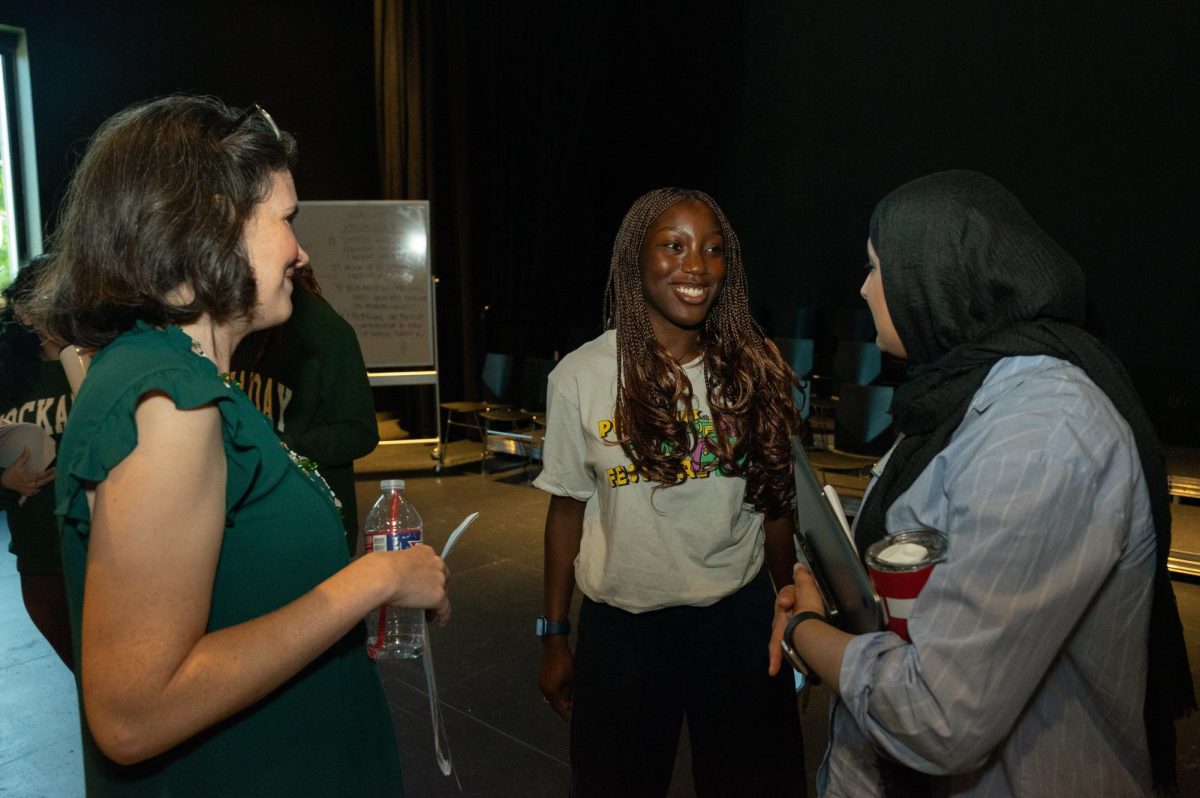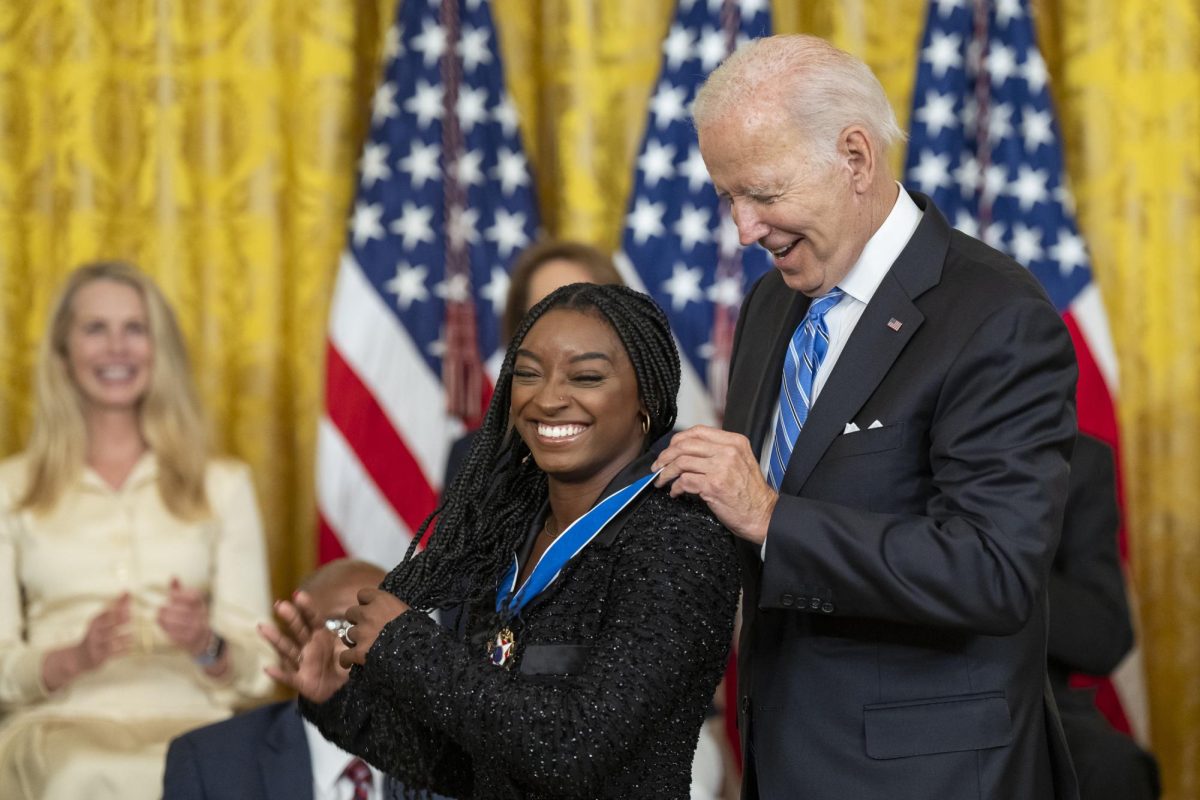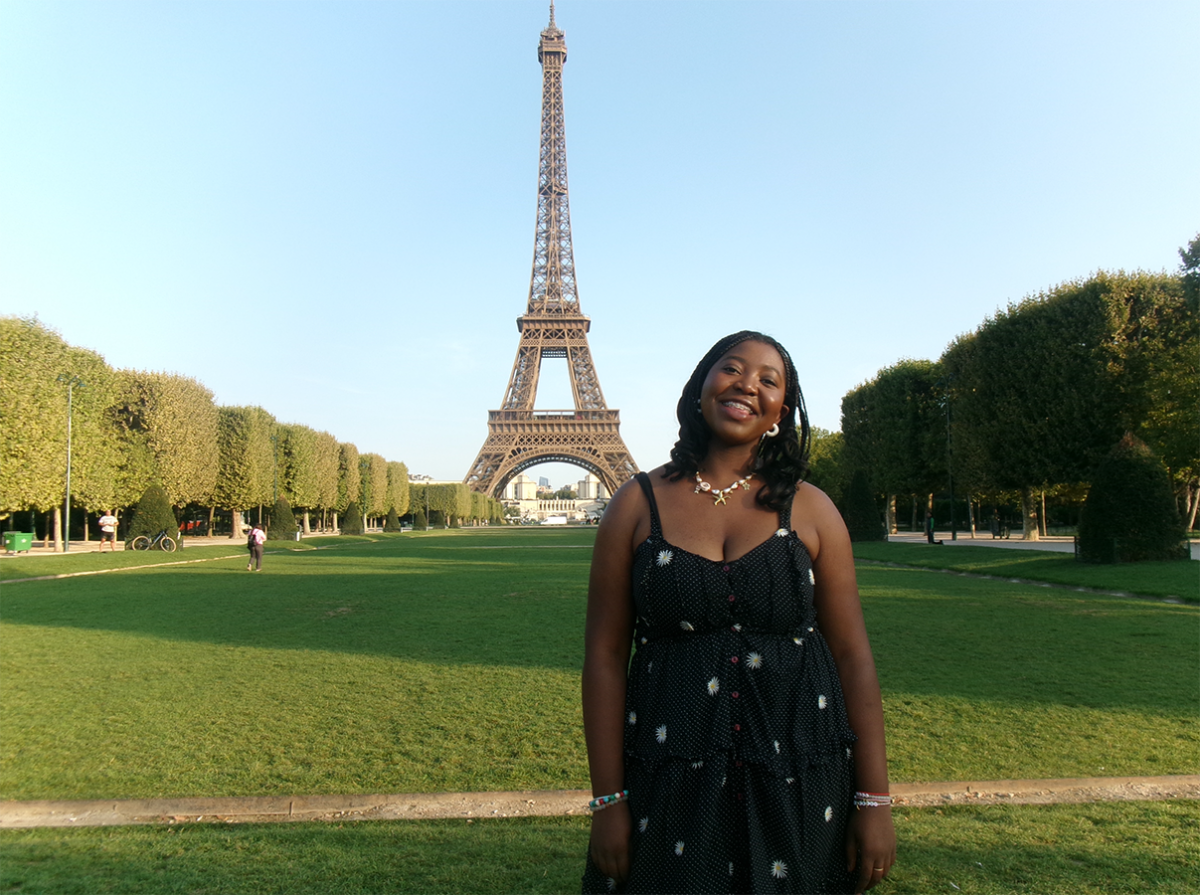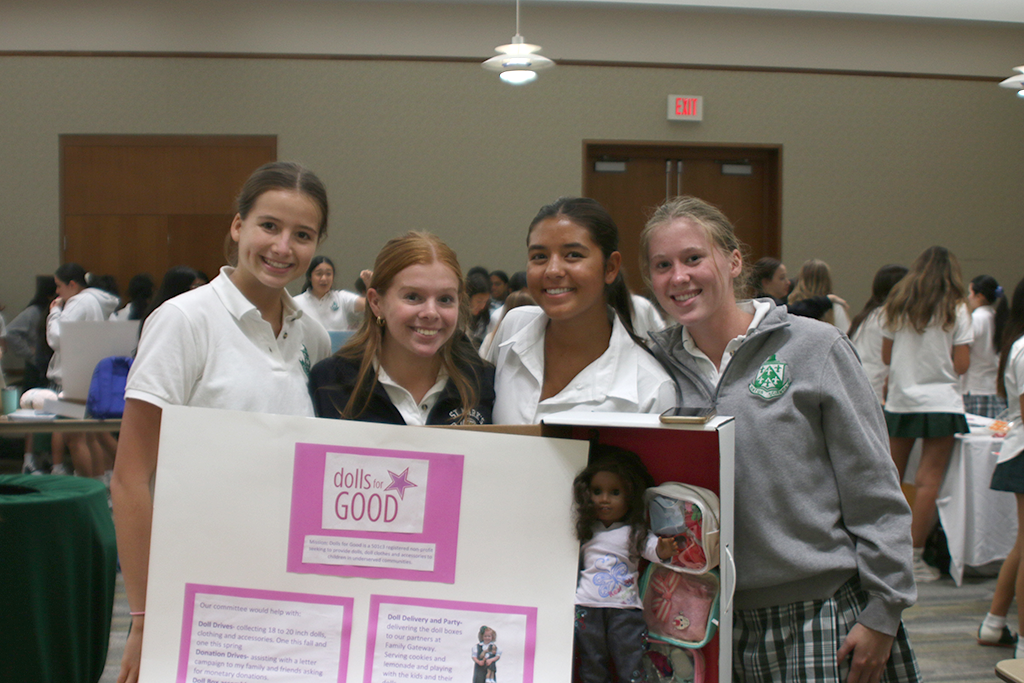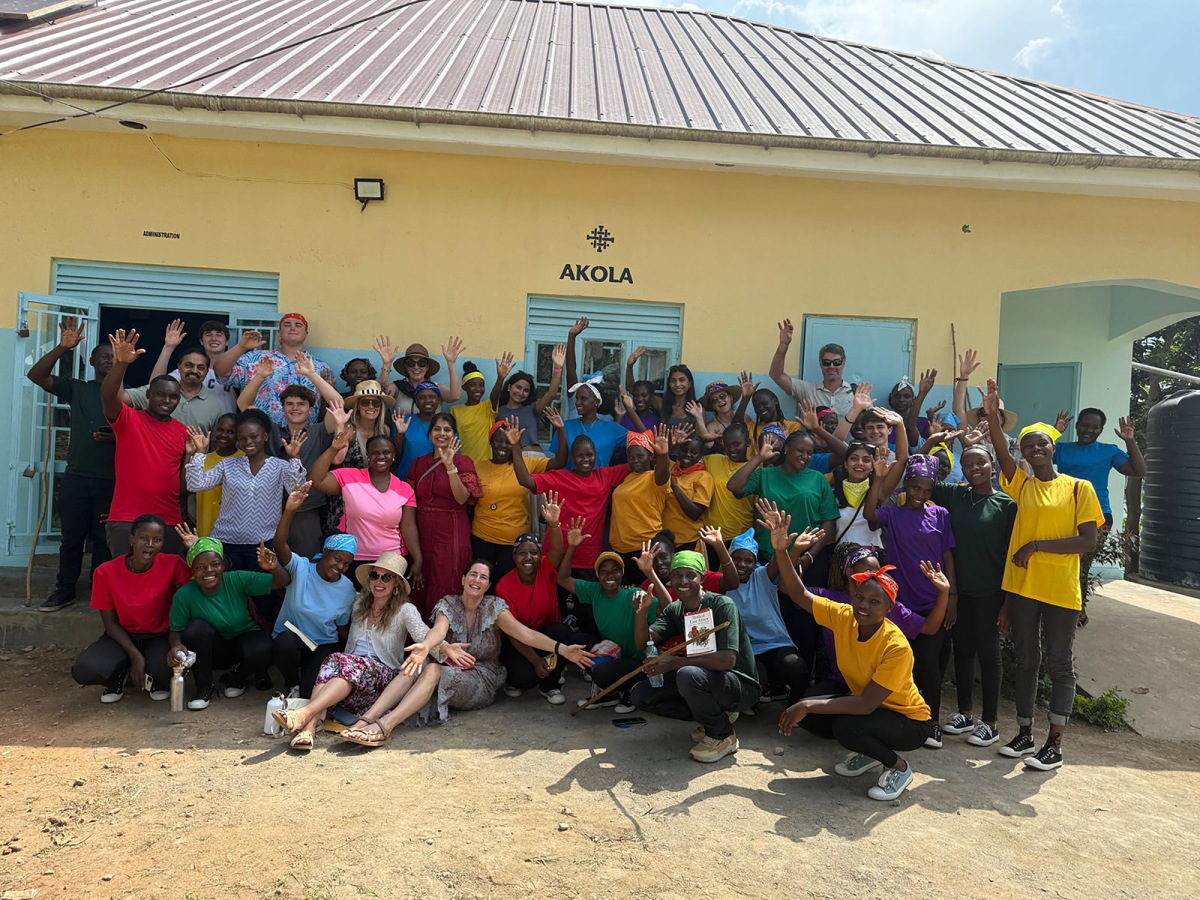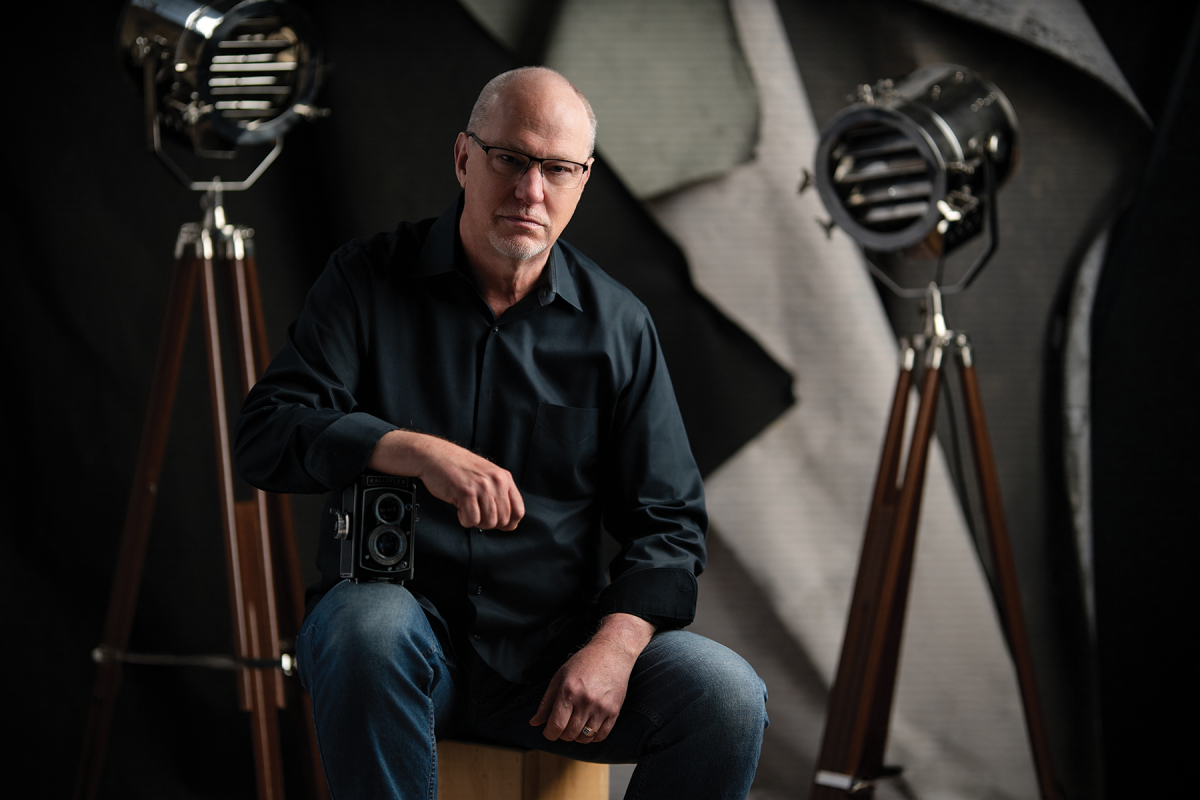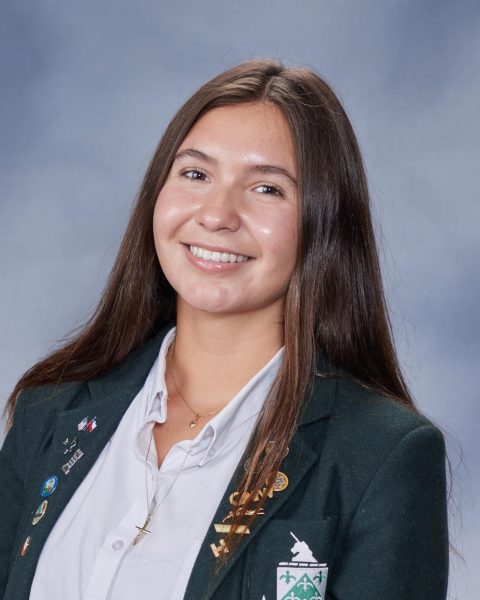Talking about politics at the dinner table is easy.
While that statement will likely remain untrue for the foreseeable future, navigating this topic at lunch with friends or at club meetings is oftentimes more challenging.
That’s why in late August, The CloseUp Foundation taught the student leaders and sponsors of all 15 affinity groups, the Student Diversity Board, the Executive Student Council, the Social Impact Board, the Young Republicans and the Young Democrats Club how to make hard conversations—well, not so hard.
The relationship between Director of the Institute for Social Impact Laura Day and the CloseUp Foundation goes way back. Following their collaborative work in the founding of the Empowering Girls’ Voices program, Day invited CloseUp to speak to faculty and staff regarding election-year antics. Four years later, Day wanted students to get involved.
“Right now in our world, not as many people want to talk about things that are controversial or hard—a lot of people avoid it,” Day said. “I think as an educational institution we want to make sure that we’re equipping students with the tools to have these conversations with each other.”
With the 2024 election season in full swing and novel social and political issues rising each day, Sante Mastriana, Director of Professional Development at the CloseUp Foundation, agrees that students need the vocabulary and skills to frame and respond to such circumstances.
“In essence, so much of the language that we use around politics is very divisive,” Mastriana said. “The goals of these conversations are to build a level of consensus and understanding, not simply convincing people we have the better answer.”
During the training, Mastriana instructed attendees, including Middle Eastern Student Association (MESA) president Laure Ghorayeb, to resolve a hypothetical administrative conflict using healthy deliberation techniques.
“The way we handled having different perspectives and combining them together to come up with ideas was really nice,” Ghorayeb said. “Everyone was really willing to cooperate which was also super helpful.”
Because Hockaday emphasizes the school as a ground for civic advocacy and community engagement, Mastriana hopes students viewed this practice as a way to problem solve. This way, students may build an environment that reflects Hockadaisies’ vast spectrum of beliefs, even if disagreement presents itself.
“Our hope was that the training would help students take on that role and start applying this kind of approach to whatever they do, whether it be a politically-affiliated student-led organization or a sport’s team,” Mastriana said.
In Ghorayeb’s case, she hopes to bring her skills to planning the annual MESA Bazaar.
“We always have different ideas on where to donate the funds, so we need to have a conversation about where our priorities lay and which cause we want to help,” Ghorayeb said.
Similarly, Day hopes students learned that with the right parameters and structures, it’s entirely possible to have uncomfortable conversations. She plans for the students who attended the training to lead more school-wide conversations and to serve as role models for younger students.
Among every productive conversation at and beyond Hockaday, listening to learn serves as a common thread. Mastriana said that, in the age of social media and its terrible rulebook for how to conduct oneself, it is important to emphasize the common goals or objectives among a group rather than taking the “my way or the highway” approach.
“Something we take for granted is the willingness to hear somebody out and expect the same thing in return,” Mastriana said. “CloseUp tries to give students a more positive outlook on how they engage with people when they encounter different viewpoints.”



